|
William Cooke (died 1703)
William Cooke (c. 1620 – 1703), of Highnam Court, Gloucestershire, was an English politician. He was a Member of Parliament, Member (MP) of the Parliament of England for Gloucester (UK Parliament constituency), Gloucester in 1679 and 1689 to 1695. Biography William Cooke, the eldest son of Robert Cooke (Parliamentarian), Sir Robert Cooke of Highnam Court and his first wife Dorothy Fleetwood, was born c. 1620. His mother was the daughter of Miles Fleetwood, Sir Miles Fleetwood of Aldwinkle, Northamptonshire, Receiver of the Court of Wards and Liveries, Court of Wards, and his wife Ann Luke. His younger brother, Edward Cooke (MP for Tewkesbury), Edward Cooke, was a Member of Parliament for Tewkesbury (UK Parliament constituency), Tewkesbury. Cooke was admitted to Gray's Inn in 1636. His father's political affiliations drew the ire of the Cavalier, Royalists during the English Civil War. The family manor at Highnam was attacked by the Royalists, and the elder Cooke withdrew with ... [...More Info...] [...Related Items...] OR: [Wikipedia] [Google] [Baidu] |
High Sheriff Of Gloucestershire
This is a list of Sheriffs and High Sheriffs of Gloucestershire, who should not be confused with the Sheriffs of the City of Gloucester. The High Sheriff is the oldest secular office under the Crown (in England and Wales the office previously known as sheriff was retitled High Sheriff on 1 April 1974). Formerly the Sheriff was the principal law enforcement officer in the county but over the centuries most of the responsibilities associated with the post have been transferred elsewhere or are now defunct, so that the High Sheriff's functions are now largely ceremonial. The High Sheriff changes every March. As of 2006, the Sheriff's territory or bailiwick is covered by the administrative areas of Gloucestershire County Council and of South Gloucestershire District Council. Sir Robert Atkyns, the historian of Gloucester, writing in 1712 stated that no family had produced more Sheriffs of this county than Denys. Sheriffs 12th and 13th century *1071–c. 1082: Roger de Pitres (R ... [...More Info...] [...Related Items...] OR: [Wikipedia] [Google] [Baidu] |
Tewkesbury (UK Parliament Constituency)
Tewkesbury is a constituency represented in the House of Commons of the UK Parliament since its 1997 recreation by Laurence Robertson, a Conservative. History 1610 to 1918 Tewkesbury existed in this period, first in the parliamentary borough form. It returned two MPs until this was reduced to one in 1868, then saw itself become instead a larger county division under the Redistribution of Seats Act 1885, and it was abolished in 1918. ;Prominent politicians * William Dowdeswell was Chancellor of the Exchequer for two years under Rockingham, and his short tenure of this position appears to have been a successful one, he being in Lecky's words a good financier, but nothing more. To general astonishment, he refused to abandon his friends and to take an office under The 1st Earl of Chatham ("Pitt the Elder"), who succeeded Rockingham in August 1766. Dowdeswell then led the Rockingham party in the House of Commons, taking an active part in debate until his death. In 1774 he warne ... [...More Info...] [...Related Items...] OR: [Wikipedia] [Google] [Baidu] |
House Of Commons Of England
The House of Commons of England was the lower house of the Parliament of England (which incorporated Wales) from its development in the 14th century to the union of England and Scotland in 1707, when it was replaced by the House of Commons of Great Britain after the 1707 Act of Union was passed in both the English and Scottish parliaments at the time. In 1801, with the union of Great Britain and Republic of Ireland, Ireland, that house was in turn replaced by the House of Commons of the United Kingdom. Origins The Parliament of England developed from the Magnum Concilium that advised the English monarch in medieval times. This royal council, meeting for short periods, included ecclesiastics, noblemen, and representatives of the county, counties (known as "knights of the shire"). The chief duty of the council was to approve taxes proposed by the Crown. In many cases, however, the council demanded the redress of the people's grievances before proceeding to vote on taxation. Thus ... [...More Info...] [...Related Items...] OR: [Wikipedia] [Google] [Baidu] |
Alderman
An alderman is a member of a Municipal government, municipal assembly or council in many Jurisdiction, jurisdictions founded upon English law. The term may be titular, denoting a high-ranking member of a borough or county council, a council member chosen by the elected members themselves rather than by Direct election, popular vote, or a council member elected by voters. Etymology The title is derived from the Old English title of ''ealdorman'', literally meaning "elder man", and was used by the chief nobles presiding over shires. Similar titles exist in some Germanic countries, such as the Sweden, Swedish language ', the Danish language, Danish, Low German, Low German language ', and West Frisia, West Frisian language ', the Netherlands, Dutch language ', the (non-Germanic) Finland, Finnish language ' (a borrowing from the Germanic Swedes next door), and the German language, High German ', which all mean "elder man" or "wise man". Usage by country Australia Many local government ... [...More Info...] [...Related Items...] OR: [Wikipedia] [Google] [Baidu] |
Freedom Of The City
The Freedom of the City (or Borough in some parts of the UK) is an honour bestowed by a municipality upon a valued member of the community, or upon a visiting celebrity or dignitary. Arising from the medieval practice of granting respected citizens freedom from serfdom, the tradition still lives on in countries such as the United States, United Kingdom, Ireland, Australia, Canada, South Africa and New Zealand—although today the title of "freeman" confers no special privileges. The Freedom of the City can also be granted by municipal authorities to military units which have earned the city's trust; in this context, it is sometimes called the Freedom of Entry. This allows them the freedom to parade through the city, and is an affirmation of the bond between the regiment and the citizenry. The honour was sometimes accompanied by a "freedom box", a small gold box inscribed to record the occasion; these are not usual today. In some countries, such as the United States, esteemed ... [...More Info...] [...Related Items...] OR: [Wikipedia] [Google] [Baidu] |
Forest Of Dean
The Forest of Dean is a geographical, historical and cultural region in the western part of the county of Gloucestershire, England. It forms a roughly triangular plateau bounded by the River Wye to the west and northwest, Herefordshire to the north, the River Severn to the south, and the City of Gloucester to the east. The area is characterised by more than of mixed woodland, one of the surviving ancient woodlands in England. A large area was reserved for royal hunting before 1066, and remained as the second largest crown forest in England, after the New Forest. Although the name is used loosely to refer to the part of Gloucestershire between the Severn and Wye, the Forest of Dean proper has covered a much smaller area since the Middle Ages. In 1327, it was defined to cover only the royal demesne and parts of parishes within the hundred of St Briavels, and after 1668 comprised the royal demesne only. The Forest proper is within the civil parishes of West Dean, Lydbrook, Cin ... [...More Info...] [...Related Items...] OR: [Wikipedia] [Google] [Baidu] |
Verderers
Verderers are forestry officials in England who deal with common land in certain former royal hunting areas which are the property of the Crown. The office was developed in the Middle Ages to administer forest law on behalf of the King. Verderers investigated and recorded minor offences such as the taking of venison and the illegal cutting of woodland, and dealt with the day-to-day forest administration. In the modern era, verderers are still to be found in the New Forest, the Forest of Dean, and Epping Forest, where they serve to protect commoning practices, and conserve the traditional landscape and wildlife. Origins Verderers were originally part of the ancient judicial and administrative hierarchy of the vast areas of English forests and Royal Forests set aside by William the Conqueror for hunting. The title Verderer comes from the Norman word ‘vert’ meaning green and referring to woodland. These forests were divided into provinces each having a Chief Justice who travelled ... [...More Info...] [...Related Items...] OR: [Wikipedia] [Google] [Baidu] |
Inigo Jones
Inigo Jones (; 15 July 1573 – 21 June 1652) was the first significant architect in England and Wales in the early modern period, and the first to employ Vitruvian rules of proportion and symmetry in his buildings. As the most notable architect in England and Wales, Jones was the first person to introduce the classical architecture of Rome and the Italian Renaissance to Britain. He left his mark on London by his design of single buildings, such as the Queen's House which is the first building in England designed in a pure classical style, and the Banqueting House, Whitehall, as well as the layout for Covent Garden square which became a model for future developments in the West End. He made major contributions to stage design by his work as theatrical designer for several dozen masques, most by royal command and many in collaboration with Ben Jonson. Early life and career Beyond the fact that he was born in Smithfield, London, as the son of clothworker Inigo Jones Snr., and ... [...More Info...] [...Related Items...] OR: [Wikipedia] [Google] [Baidu] |
Devon
Devon ( , historically known as Devonshire , ) is a ceremonial and non-metropolitan county in South West England. The most populous settlement in Devon is the city of Plymouth, followed by Devon's county town, the city of Exeter. Devon is a coastal county with cliffs and sandy beaches. Home to the largest open space in southern England, Dartmoor (), the county is predominately rural and has a relatively low population density for an English county. The county is bordered by Somerset to the north east, Dorset to the east, and Cornwall to the west. The county is split into the non-metropolitan districts of East Devon, Mid Devon, North Devon, South Hams, Teignbridge, Torridge, West Devon, Exeter, and the unitary authority areas of Plymouth, and Torbay. Combined as a ceremonial county, Devon's area is and its population is about 1.2 million. Devon derives its name from Dumnonia (the shift from ''m'' to ''v'' is a typical Celtic consonant shift). During the Briti ... [...More Info...] [...Related Items...] OR: [Wikipedia] [Google] [Baidu] |
Stevenstone
Stevenstone is a former manor within the parish of St Giles in the Wood, near Great Torrington Great Torrington (often abbreviated to Torrington, though the villages of Little Torrington and Black Torrington are situated in the same region) is a market town in Devon, England. Parts of it are sited on high ground with steep drops down to ..., North Devon. It was the chief seat of the Rolle family, one of the most influential and wealthy of Devon families, from c. 1524 until 1907. The Rolle estates as disclosed by the Return of Owners of Land, 1873 (corrected by Bateman's 'Great Landowners' (1883), Bateman, 1883) comprised 55,592 acres producing an annual gross income of £47,170, and formed the largest estate in Devon, followed by the Francis Russell, 9th Duke of Bedford, Duke of Bedford's estate centred on Tavistock, Devon, Tavistock comprising 22,607 with an annual gross value of nearly £46,000. From the Glorious Revolution of 1688 to the Reform Act of 1832 the coun ... [...More Info...] [...Related Items...] OR: [Wikipedia] [Google] [Baidu] |
William Cooke (of Highnam)
Sir William Cooke (14 February 1572 – 2 March 1619) of Highnam Court in Gloucestershire, was an English landowner and politician who sat in the House of Commons at various times between 1597 and 1614. Origins He was the son of William Cooke (died 1589) of Westminster, Member of Parliament, a younger son of Sir Anthony Cooke of Gidea Hall in Essex. His mother was Frances Grey, a first-cousin to Lady Jane Grey and a granddaughter of Thomas Grey, 2nd Marquess of Dorset and of Anthony Browne, 1st Viscount Montagu. His father held the office of Clerk of Liveries in the Court of Wards and arranged for the office to be passed on to his son. Career Cooke was educated at Shrewsbury School in 1583. He became Clerk of Liveries on the death of his father in 1589, though he was only 17. He was admitted for the study of law at Gray's Inn in 1592. In 1593 he went abroad, with a two-years’ licence to travel after his mother's unsuccessful attempt to arrange a marriage for him while he ... [...More Info...] [...Related Items...] OR: [Wikipedia] [Google] [Baidu] |
Gloucester
Gloucester ( ) is a cathedral city and the county town of Gloucestershire in the South West of England. Gloucester lies on the River Severn, between the Cotswolds to the east and the Forest of Dean to the west, east of Monmouth and east of the border with Wales. Including suburban areas, Gloucester has a population of around 132,000. It is a port, linked via the Gloucester and Sharpness Canal to the Severn Estuary. Gloucester was founded by the Romans and became an important city and '' colony'' in AD 97 under Emperor Nerva as '' Colonia Glevum Nervensis''. It was granted its first charter in 1155 by Henry II. In 1216, Henry III, aged only nine years, was crowned with a gilded iron ring in the Chapter House of Gloucester Cathedral. Gloucester's significance in the Middle Ages is underlined by the fact that it had a number of monastic establishments, including: St Peter's Abbey founded in 679 (later Gloucester Cathedral), the nearby St Oswald's Priory, Glo ... [...More Info...] [...Related Items...] OR: [Wikipedia] [Google] [Baidu] |
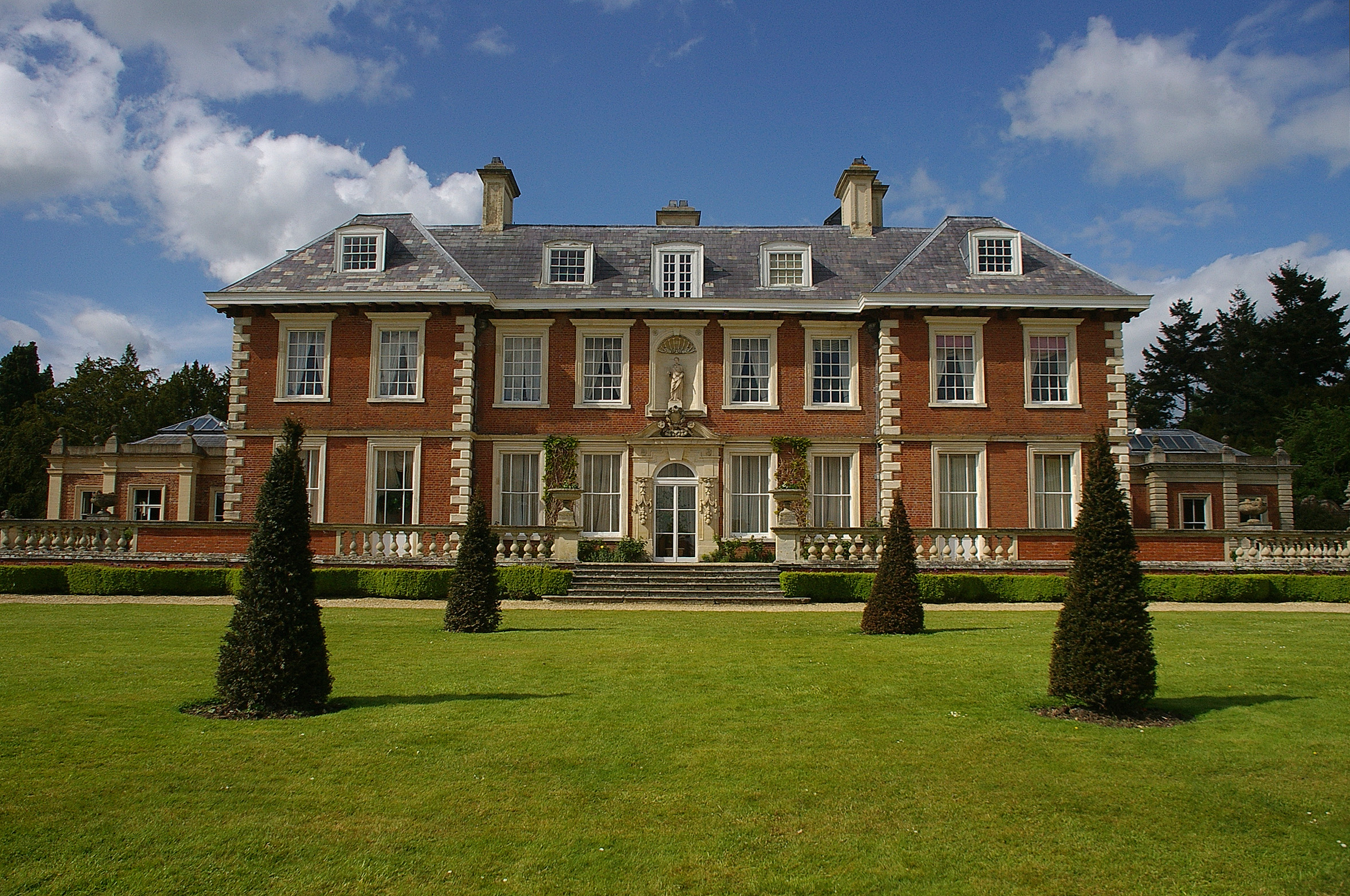
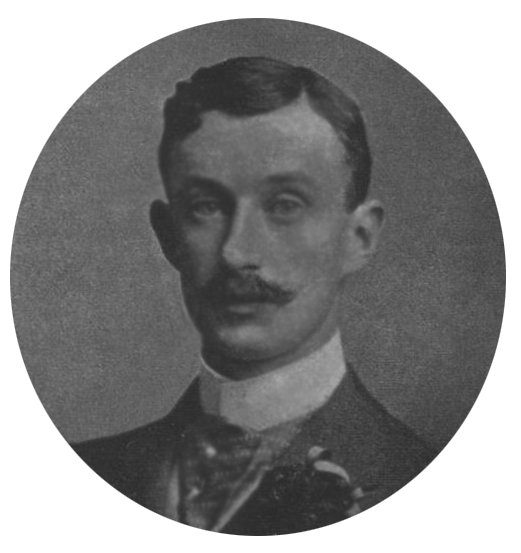


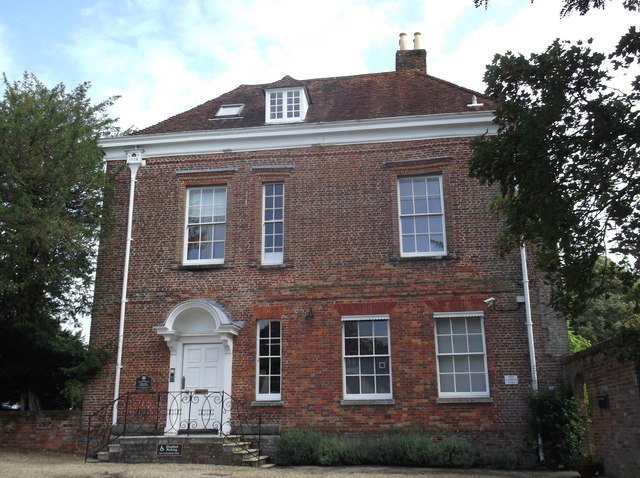
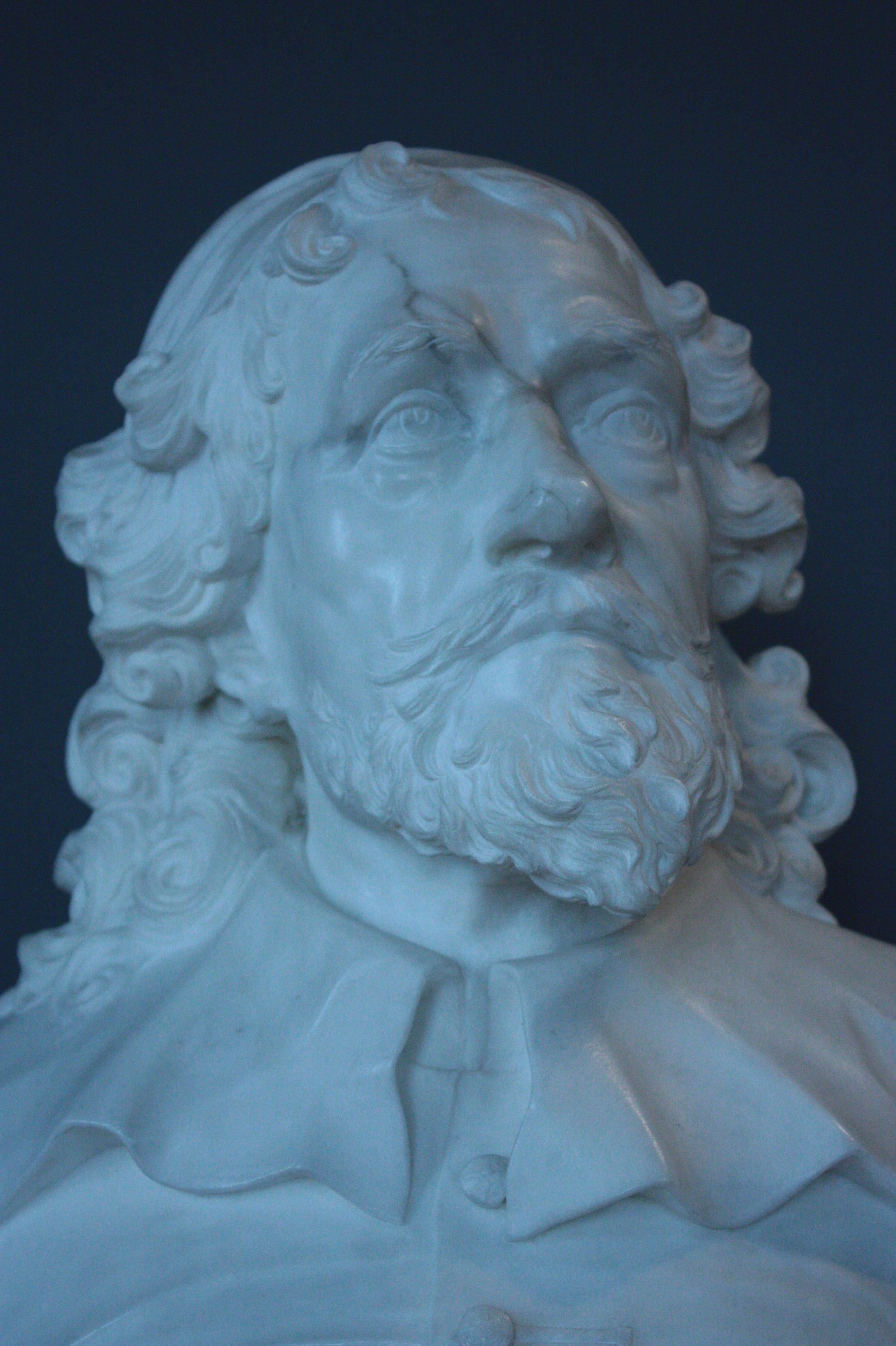
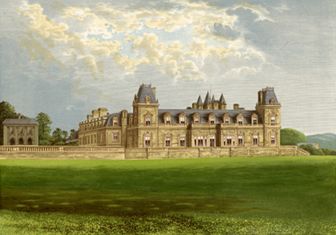
_drawn_and_engraved_under_the_direction_of_Edward_Wedlake_Brayley.jpg)